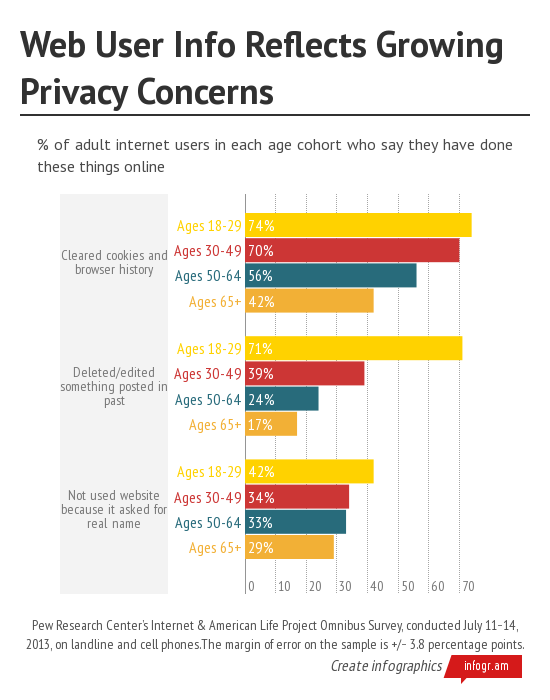Photo Credits: Joel Bedford
Despite their reluctance to talk about themselves, hipsters have become iconic. It’s a subculture re-emerging across the country, and one some argue has been a way of life well before the label. Hipsters are the restless and counter-culture young people who’ve decided to live however they want.
Chicago’s Logan Square, which is lined with bars and coffee shops, represents a mecca of young people with a flair of independence. It’s a stark contrast from ritzy neighborhoods like Lincoln Park, glossy magazines and mainstream music, and it’s something they embrace with pride.
At the Logan Square Blue Line stop, a group of friends originally from Minneapolis all paused and shrugged when asked why they choose to be hipsters. Simon, Rosa and Preston said they like to dress in what’s available to them, without being judged. “We just like it,” Simon said. “Chicago is segregated but tolerant.”
Logan Square’s aged The Whirlaway Lounge, a staple in the area, is increasingly catering to the hipster crowd. According to baristas, New Wave Coffee has been around since 2009, and drawing younger crowds was the owner’s motive.
Perhaps the most noticeable trend when it comes to hipsters is their twenty-something demographic, and their standoff-ish friendliness.
At Logan Square’s Uncharted Books, the common scene is to dress like you care little about what people think.
Uncharted Books is a haven for readers who follow little-known authors and special interests. Alternative writer Nathan Rabin, who writes books with titles like, “You Don’t Know Me but You Don’t Like Me” and “The Big Rewind: A Memoir Brought to You By Pop Culture,” had a signing July 20.
The bookstore was packed with tattooed and boho-chic twenty-somethings, ready to get a signed book and picture. “Here’s your book and thank you for coming,” Rabin would say as he’d hand out signed copies amid enthusiasts sitting in tattered, assorted chairs.
Storeowners like Tanner McSwain have their own theories when it comes to hipsters. The Logan Square enthusiast lived in the area for 6 years before deciding to open Uncharted Books on North Milwaukee Avenue a year-and-a-half ago. His bookstore is so “hip”, it has no working telephone or Wi-Fi, and pet dog Ramona greets visitors.
“I’d say hipsters are people ten years or less out of college, and artistically or tech inclined,” McSwain said. McSwain said hipsters don’t like to talk about themselves or why their interests deviate from the mainstream.
Most hipsters were friendly, but didn’t want to delve into why they chose to dress in used clothing or openly portray thrift.
Responses like “I dress to be comfortable” or “their books just resonate with me” were as much as they revealed about themselves. “We have a lot of an intellectual and artistic crowd, and we don’t have a lot of bestsellers [books],” he said. “We’re trying to stake a reputation in books and have a point of view.”
Indeed, many of the books in McSwain’s store have titles like “Ladies of the Night” and generic titles like “Poems.” Others, like Allison Barinholtz, manager of Reno Restaurant on Kedzie Avenue say it’s the hipster crowd that has revitalized Logan Square. “It’s a tight-knit neighborhood, and people are moving in so there’s a lot of gentrification,” she said. “I feel like hipsters belong in Wicker Park, but it’s interesting they’ve spilled over.”
Whatever the cause of Chicago’s resonating hipster scene, one thing is for sure: hipsters are here to stay. How they describe themselves, on the other hand, is surely subject to change.










